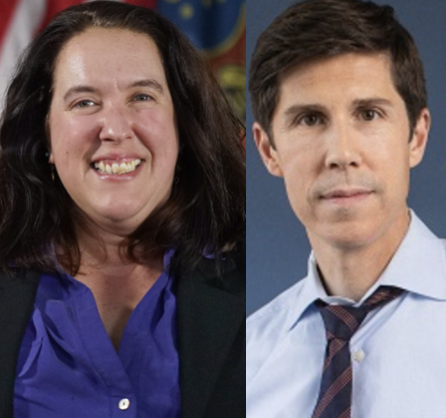Recent proposals to modify Providence's nightlife regulations have sparked intense debate among local officials and residents. A prominent Rhode Island senator has publicly condemned the suggested changes, describing them as 'shocking and appalling.'
The proposed regulations aim to implement stricter rules on operating hours, noise levels, and licensing procedures for bars, clubs, and entertainment venues within the city. Critics argue that these measures could unfairly restrict nightlife and harm local businesses that rely on evening crowds for economic vitality.
During a recent city council meeting, several city leaders defended the proposed changes, emphasizing that they are necessary to improve public safety and quality of life for residents. They highlighted concerns about noise disturbances, alcohol-related incidents, and the need for better regulation to ensure responsible operation of nightlife establishments.
The senator, however, expressed strong opposition to the proposals, stating that they could be overly restrictive and negatively impact the cultural vibrancy of Providence. "These measures threaten to stifle the lively nightlife that is a vital part of our city's identity," the senator said. "We should be supporting our local businesses, not burdening them with excessive regulations."
Supporters of the regulations argue that they are designed to strike a balance between economic development and community well-being. They point to the importance of maintaining public safety and ensuring that nightlife activities do not disrupt residential neighborhoods.
The debate continues as city officials prepare to move forward with the proposed changes, with many residents and business owners awaiting further discussions. The outcome of this controversy could significantly influence Providence's nightlife scene and its reputation as a vibrant city for entertainment and culture.
In conclusion, the conflict highlights the ongoing challenge of regulating urban nightlife in a way that promotes safety and economic growth while respecting community concerns. Both sides agree that dialogue and careful planning are essential to reach a consensus that benefits all stakeholders involved.
